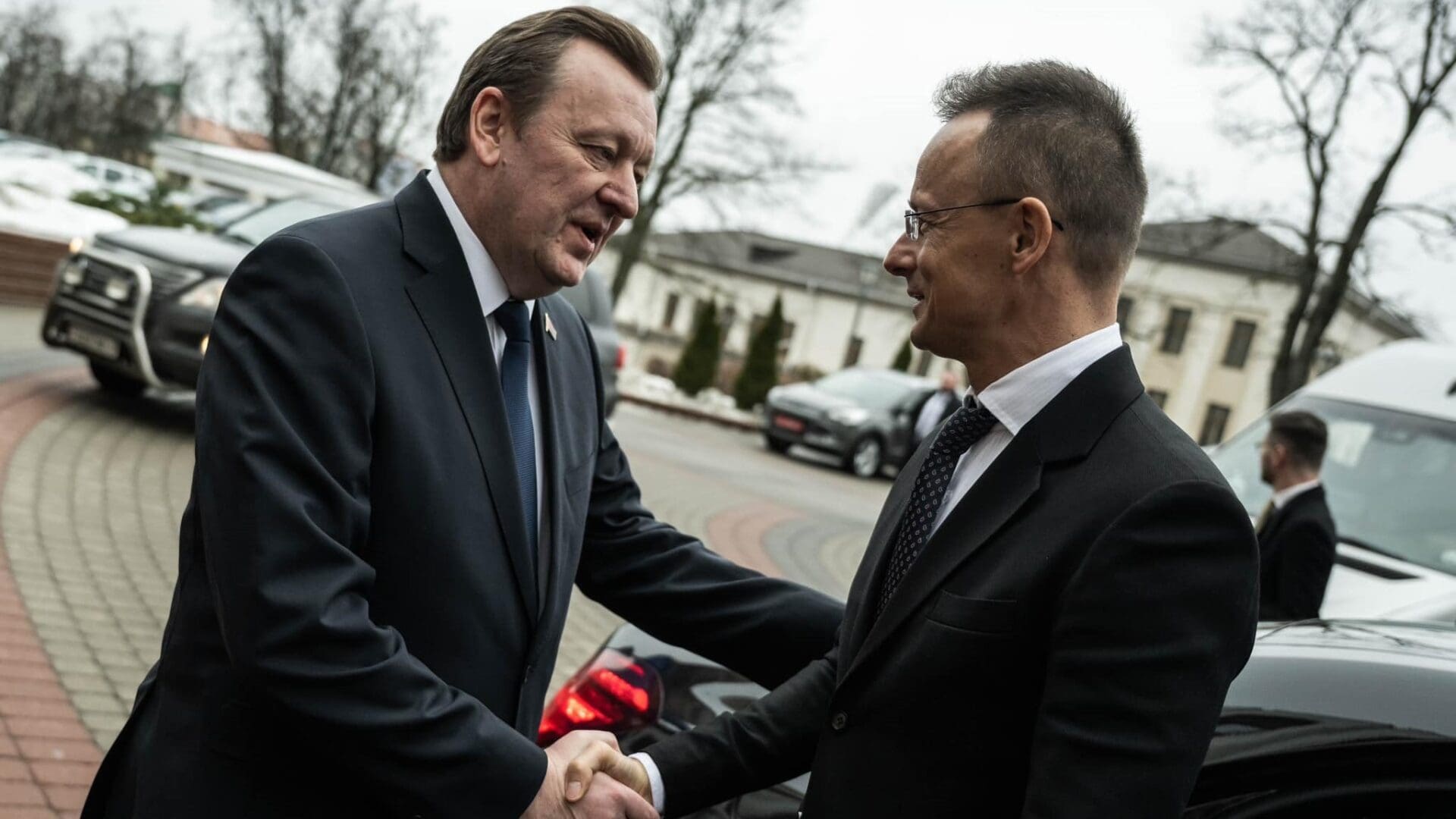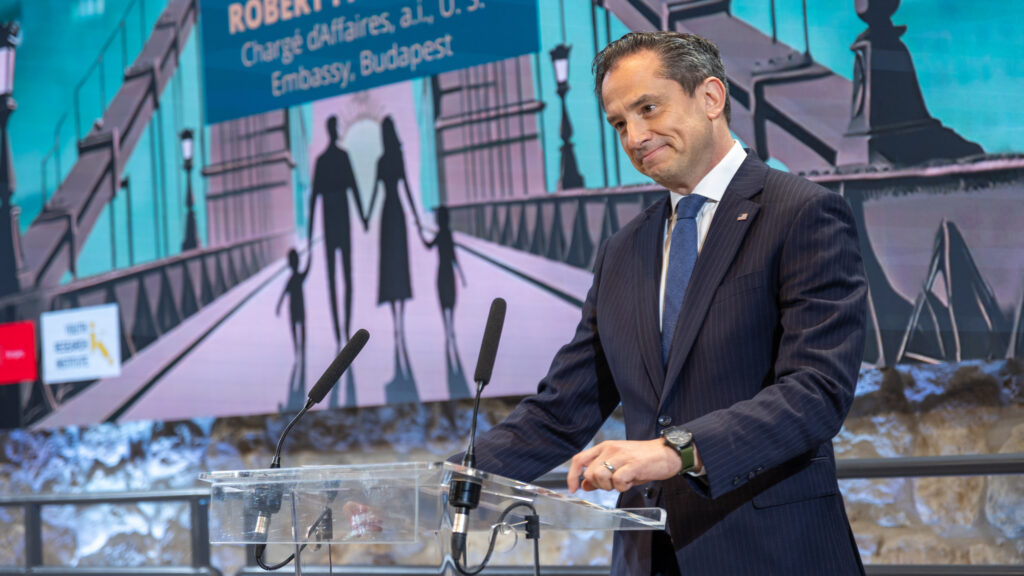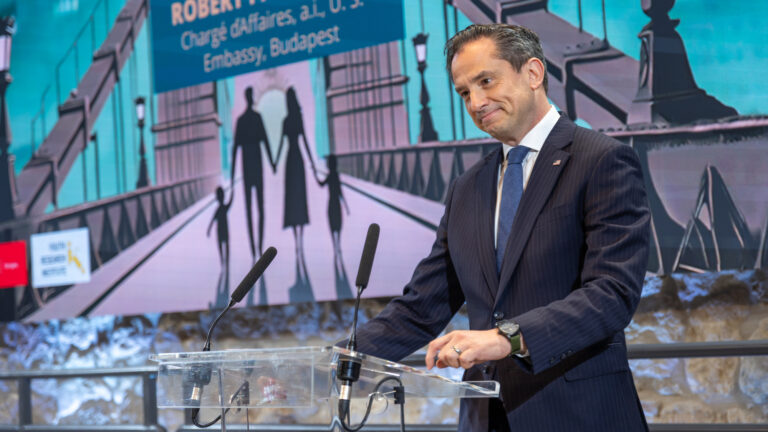Hungarian Foreign Minister Péter Szijjártó visited Minsk on Monday to meet with his Belarusian counterpart Sergei Aleinik, and advocate for an immediate end to hostilities in neighbouring Ukraine. During the visit, Szijjártó emphasised the importance of keeping channels of communication open and promoting peace talks to avoid further casualties and refugee displacement. The Minister also discussed increasing collaboration in miscellaneous industries, while calling for additional funds to restore a historical church building in Mogilev; he also voiced his support for the protection of national minority rights.
Péter Szijjártó Advocates for an End to Hostilities and Expanded Collaboration in Industries
In a statement released by the Ministry of Foreign Affairs and Trade, Szijjártó stressed that the ongoing armed conflict in the neighbouring country is resulting in a rising number of casualties, an increasing number of refugees, and families being torn apart. He reiterated Hungary’s backing for peace during his discussions with the Belarusian minister, urging him to take all necessary actions to promote an end to any further fighting. Despite being aware of the international climate, Szijjártó noted that Hungary’s stance had always been clear: the channels of communication must remain open in order to have any hope for peace.
The Hungarian foreign minister expressed his regret at the growing hawkish rhetoric and urged the international community to prioritise peacebuilding. According to Szijjártó, the flawed sanctions approach of the European Union is causing more suffering. He went on to state that both Belarus and Hungary are using their resources to assist in peace talks between the belligerent parties, and without communication and diplomacy, the war would never come to a close.
In addition, the ministers discussed expanding collaboration in industries such as agriculture, food, and medicine, which are heavily reliant on Hungarian exports and are not subject to sanctions. They also exchanged transport permits, allowing businesses in Hungary and Belarus to export goods without legal barriers.
While they did not discuss domestic issues, they did agree that the Hungarian government would increase funding for the restoration of the Church of the Assumption of the Blessed Virgin Mary and St Stanislaus in Mogilev, emphasising the significance of protecting the rights of national minorities.








